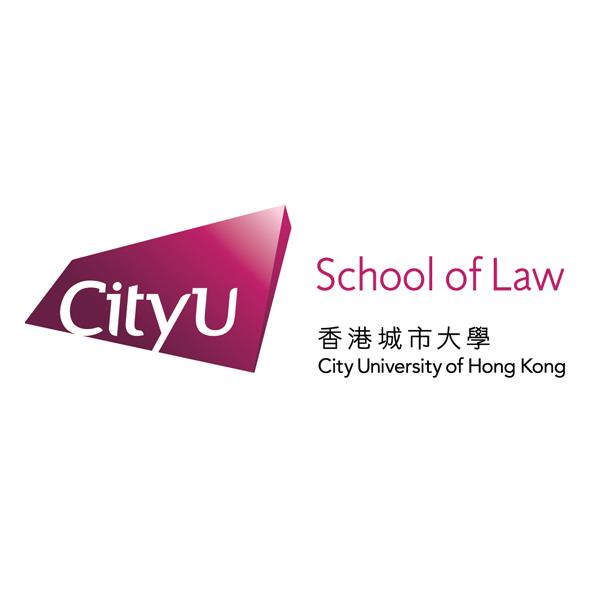Building the digital generation of lawyers
Like many professions, law cannot shy away from the rapid advance of AI and other technologies. Institutions must take a progressive approach to preparing students for what’s ahead
Share
Sponsored content: created in partnership with the City University of Hong Kong.
The School of Law at City University of Hong Kong (CityUHK) has a reputation for fostering an innovative and supportive research environment, with researchers who publish in leading journals and commended for interdisciplinary collaboration. Generative AI and other emerging technologies will be necessary skills in students’ future legal careers. The school’s mission is to equip them to use these tools ethically and effectively in their practice.
The school also recognises that future lawyers will encounter pitfalls in using generative AI alongside its potential to create efficiencies. The school’s professional conduct practice course reminds students of the ethical considerations associated with using AI, and a further elective on law and technology dives into areas such as blockchain and cybersecurity.
One way that CityUHK is experimenting with the use of AI is by developing a bot that will analyse legal materials and support future lawyers in understanding complex judgments. Michael Tsimplis, programme director for the Bachelor of Laws at the school, explains how he used this in his teaching: “First we have a familiarisation session where we use materials from the session and ask the bot questions. In a second experiment, we feed in a judgment to see if this adds to students’ knowledge compared to reading it themselves. They definitely become more confident in what they think they know.”
Tsimplis adds: “There’s not much time for students to prepare for classes, so if they feed their available materials into the bot each week with some starting questions, this can help them learn and prepare better.”
The way students approach AI can be a concern. “We explain that they should keep asking questions. We demand that any statements made by the bot are accompanied by a legal reference so that the students can check the accuracy of the AI report by referencing the original source” Tsimplis adds.
Ubaid Rehman, programme director for the Postgraduate Certificate in Laws, explains that his students have successfully used AI to practise client-facing conversations and build their conference and interview skills, which helps them to develop sought-after soft skills such as expressing empathy. The school also uses a digital feedback tool that offers students a real-time critique of their advocacy skills as they deliver them.
Looking to future careers in legal practice, CityUHK recognises that practitioners will use AI-driven reference and support tools from major publishers such as LexisNexis and Westlaw. Staff are trained in using these tools first so they can ensure they add value to students’ learning and employability before they use them on courses. Rehman explains: “We want to show students the value they can bring. AI tools help you make a start, but they are ultimately a competent and useful assistant, rather than something that will replace lawyers altogether.”
Daniel Pascoe, programme director for the Juris Doctor programme at the school, agrees: “AI is here to stay, and will increasingly shape the way that legal professionals interact with institutions and with each other. Yet, AI as a tool is only as good as the craftsman who uses it. In our Juris Doctor degree, we aim to instil the basics of legal reading, writing, speaking, interpretation and analysis in our students, such that they will continue to be indispensable workers in the knowledge economy of the future.”
Find out more about the School of Law at City University of Hong Kong.
